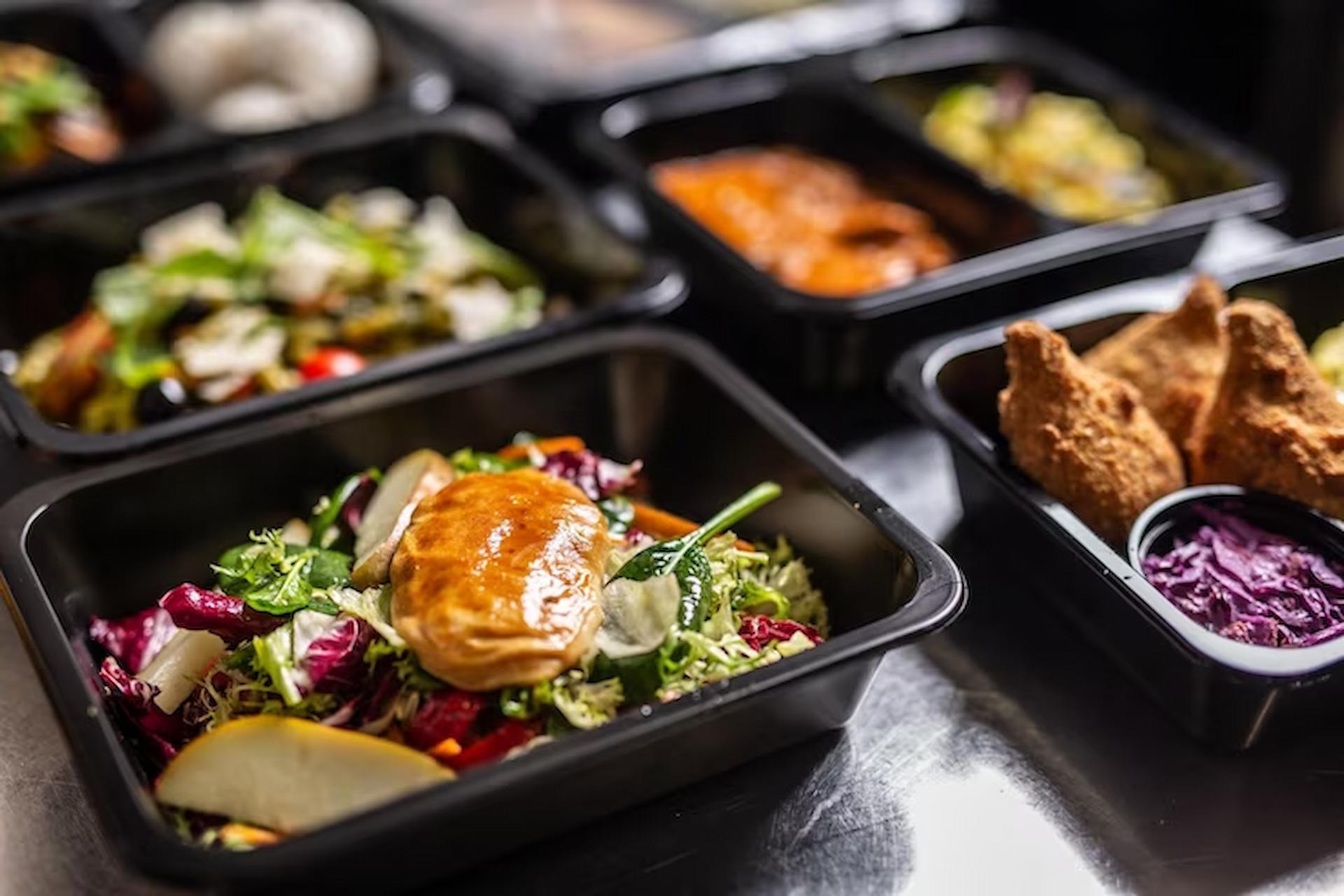Planning a new kitchen isn’t always easy. Whether you are revamping an existing space or starting from scratch with a brand new room, you might feel a little daunted by this task. After all, you’re spending your hard-earned cash on the changes.
However, by following some basic principles, you can make the process much easier and you should end up with results you can enjoy for many years to come.
Think Storage
It’s easy to get carried away thinking about the look of your kitchen and, in the process, to lose sight of the importance of practicality. However, kitchens need to function properly, and this is where plentiful storage comes in handy. These spaces can quickly end up looking cluttered and confused if you don’t include enough cupboards and shelving within them.
There are lots of different types of storage on offer now, meaning you shouldn’t struggle to find versions that tick all of your boxes.
In small kitchens, it’s important to make the most of the vertical height on offer. By taking advantage of tall cupboards and units, you can save valuable floor and counter space.
Room to Manoeuvre
You should also think about how comfortable your kitchen will be to actually use and move around in. For example, it’s no good choosing appliances, surfaces and cupboards that take up too much space and make the room cluttered and claustrophobic. To avoid outcomes like this, you can create a to-scale representation of your planned kitchen.
Surface space is something to think carefully about too. There is a fine line between overfilling kitchens with counters and not including enough of these surfaces. To strike the right balance, think about the tasks you’re likely to perform in your kitchen and the look you want to achieve.
Some Lateral Thinking
Some lateral thinking is also vital when it comes to planning kitchens. For example, it doesn’t make sense to place your cooker right next to your fridge. Also, make sure your finished kitchen includes suitable power sources for your new appliances.
The Importance of Light
Good-quality and well thought-out lighting is particularly important in kitchens. After all, you need to see what you’re doing when you’re cutting your vegetables and stirring your stews. This issue is particularly important if your kitchen doesn’t benefit from any natural light.
Luckily, there is no shortage of options when it comes to illuminations. You can take your pick from spot lights, recessed lights, track lights and more.
Safety First
It may seem like an obvious point, but safety should be at the forefront of all your kitchen design decisions. For example, if you have young children, features such as rounded countertops and slip-resistant flooring are worth considering. Situating ovens at adult height is another way to minimise risk.
By considering issues like these when planning your kitchen, you should be able to create attractive and practical rooms that you will enjoy using for many years to come.
Author bio: Anna Longdin writes regularly about interior design. So that she’s always up to date on all the latest industry news and developments she visits sites such as Joseph & Kingsley.




